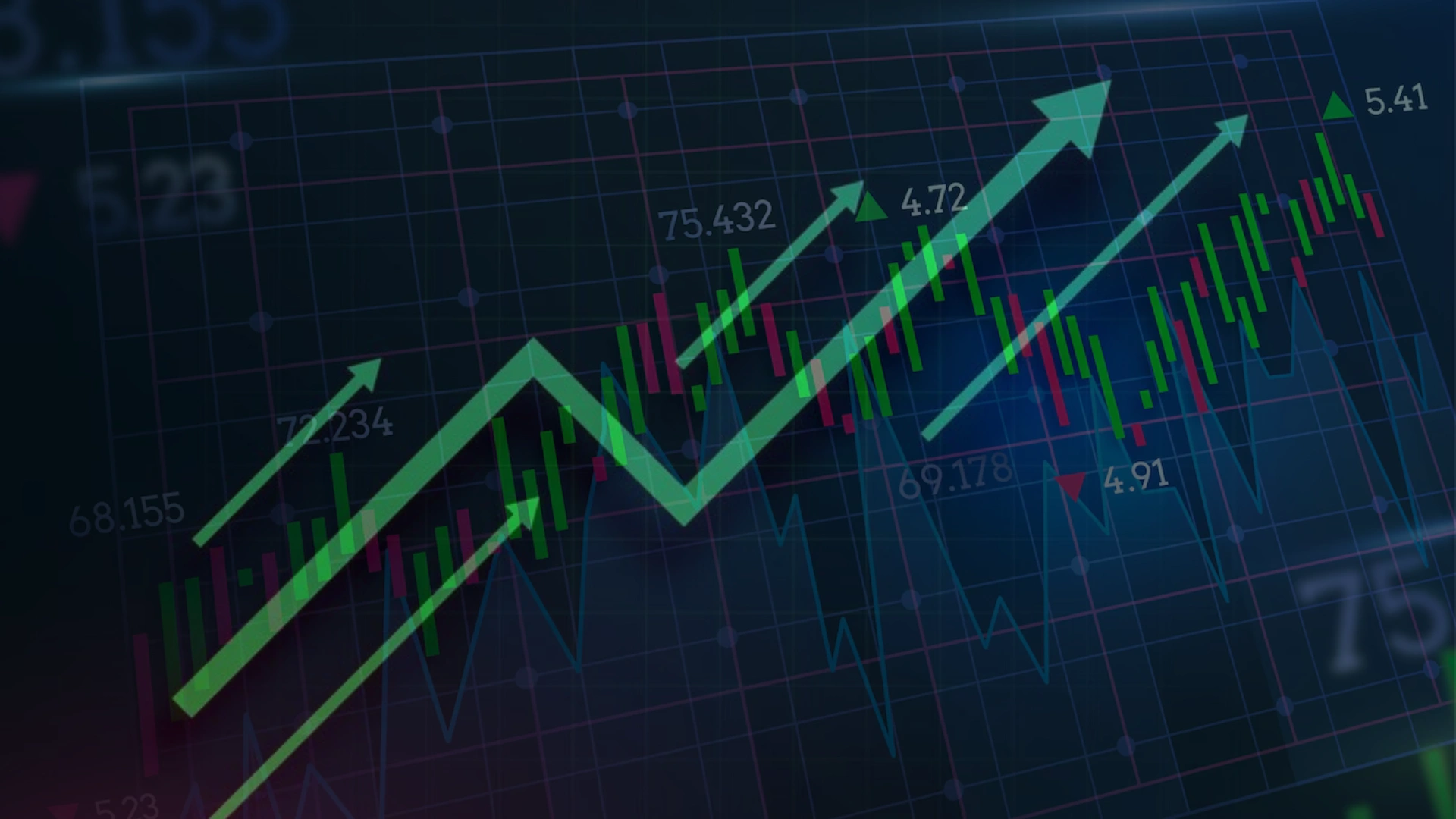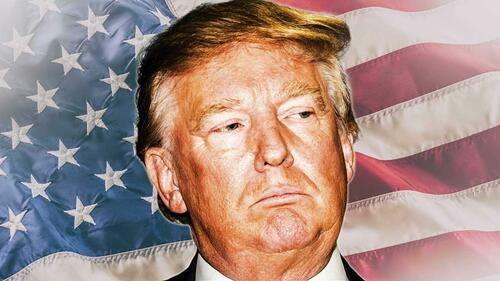The Indian stock market is likely to open with a heavy drop on Monday, as signs of a global economic slowdown and a deepening trade conflict between the U.S. and China have spooked investors around the world.
Analysts are expecting a “Black Monday” scenario, where markets face sharp declines in a single day, fueled by fear and uncertainty. Both the Sensex and the Nifty 50, India’s main benchmark indexes, are expected to tumble sharply when trading opens, following dramatic losses in global markets last week. Gift Nifty Points to 3% Drop in Nifty 50 The early indicator for the Indian market, known as Gift Nifty, was trading around the 22,083 level on Monday morning.

That’s nearly 875 points lower than where the Nifty futures had closed previously. This big gap suggests that the Nifty 50 could start the day more than 3% lower, signaling a painful open for Indian equities. Asian Markets Plunge as Trade War Heats Up Markets across Asia saw severe losses at the start of the trading week.
Investors reacted sharply to U.S. President Donald Trump’s surprise announcement of steep tariffs on imports, and the equally tough response from China.
In Japan, the Nikkei 225 dropped almost 8% within the first hour of trading. Australia’s S&P/ASX 200 index tumbled over 6%, and South Korea’s Kospi fell by 4.4%.
These are some of the biggest single-day losses since the early days of the COVID-19 pandemic. Oil prices also fell sharply, with U.S.
benchmark crude slipping 4%, adding to the financial pressure across sectors. Wall Street Ends the Week in Freefall The panic began on Friday in the U.S.
, where stock markets recorded their worst week since the height of the COVID crisis in 2020. After Trump announced higher tariffs and China retaliated with matching penalties, investors rushed to sell off their shares, fearing a prolonged trade war that could tip the global economy into recession. The Dow Jones Industrial Average lost 2,231 points—down 5.
5% in a single day. The S&P 500 plunged 6%, and the Nasdaq dropped 5.82%.
It marked the first time since March 7, 2022, that the Dow closed in correction territory—meaning it has fallen more than 10% from its recent peak. Out of the 500 companies in the S&P 500 index, only 14 ended the day in the green. The broader index is now down 17.
4% from its record high in February. China Hits Back with Matching Tariffs China wasted no time in responding to Trump’s aggressive trade policy. Its Commerce Ministry announced that it would introduce a 34% tariff on all U.
S. imports starting April 10, the same rate the U.S.
imposed on Chinese goods. This tit-for-tat move has only escalated the trade conflict between the world’s two largest economies and added to the growing anxiety in financial markets. Even a positive jobs report in the U.
S.—which usually boosts confidence in the economy—wasn’t enough to stop the market’s downward spiral. Oil Prices Plunge to Lowest Since 2021 As the financial markets melted down, oil prices also took a hit.
U.S. benchmark crude dropped by $2.
50 to trade at $59.49 per barrel, while Brent crude, the international benchmark, fell by $2.25 to $63.
33. Friday’s collapse in crude oil prices marked their lowest level since 2021, driven by fears that a global recession could reduce demand for energy. Trump Defends Tariffs as Necessary Step In the face of growing criticism, President Trump stood firm on his decision.
Speaking to reporters from Air Force One, he described the tariffs as a necessary measure to correct years of unfair trade practices. “I don’t want global markets to fall,” Trump said, “but sometimes you have to take medicine to fix something.” He added, “I spoke to a lot of leaders, European, Asian, from all over the world.
They’re dying to make a deal. And I said, we’re not going to have deficits with your country. We’re not going to do that, because to me a deficit is a loss.
We’re going to have surpluses or at worst, going to be breaking even.” U.S.
Central Bank Watches Inflation Risks Federal Reserve Chair Jerome Powell also weighed in on the economic developments. He expressed concern that tariffs could lead to higher prices for consumers, which could push inflation beyond acceptable levels. “Our obligation is to keep longer-term inflation expectations well anchored and to make certain that a one-time increase in the price level does not become an ongoing inflation problem,” Powell said on Friday, according to the Associated Press.
For investors in India, Monday could be a rough day. With heavy losses in global markets and sharp dips across Asia, the sentiment is clearly negative. Many will be watching how the Reserve Bank of India responds in the coming days and whether any steps will be taken to cushion the blow.
In the meantime, analysts suggest caution. Volatility is expected to remain high, and both short-term traders and long-term investors may need to brace for more uncertainty as the global economic landscape shifts rapidly..
Business

Indian Stocks Brace For Major Fall As Asian Markets Tanks To A Multi-Year Low

The Indian stock market is likely to open with a heavy drop on Monday, as signs of a global economic slowdown and a deepening trade conflict between the U.S. and China have spooked investors around the world. Analysts are expecting a “Black Monday” scenario, where markets face sharp declines in a single day, fueled by fear and uncertainty.















